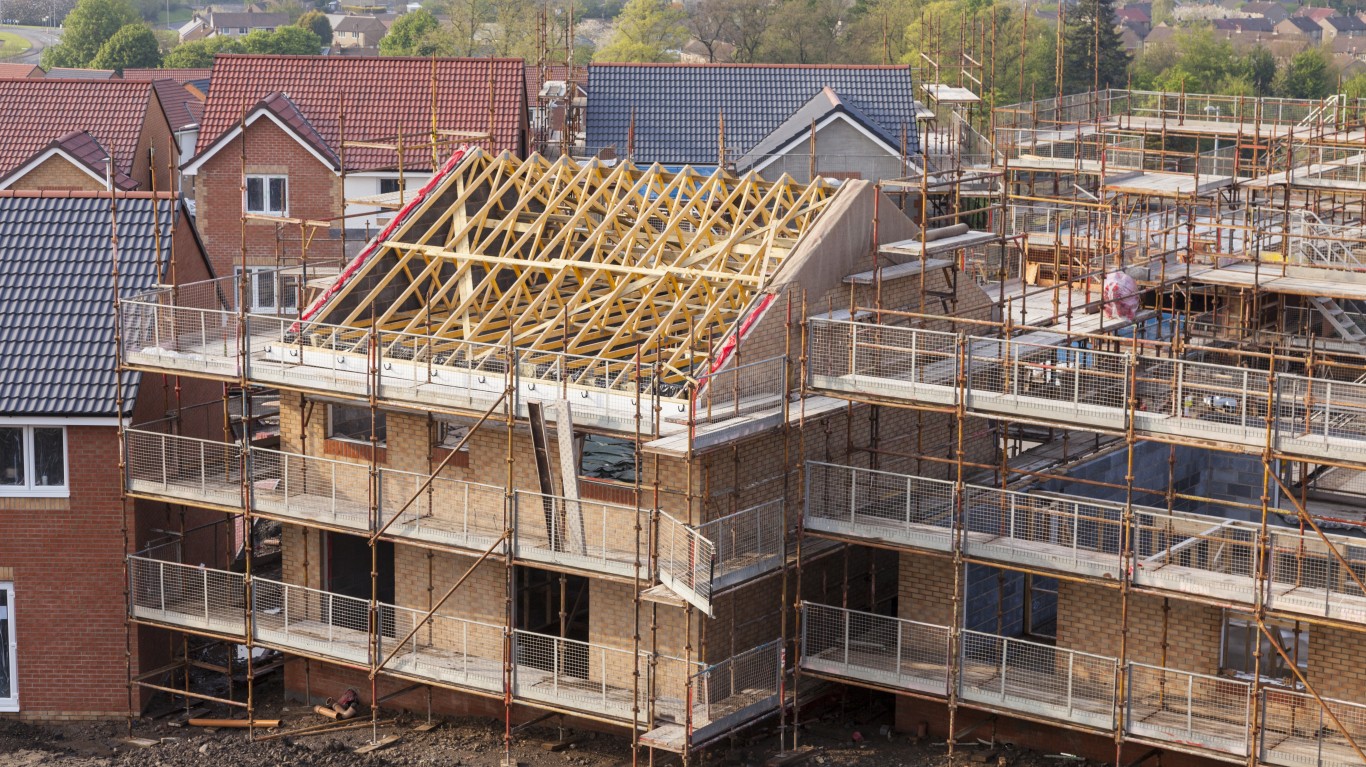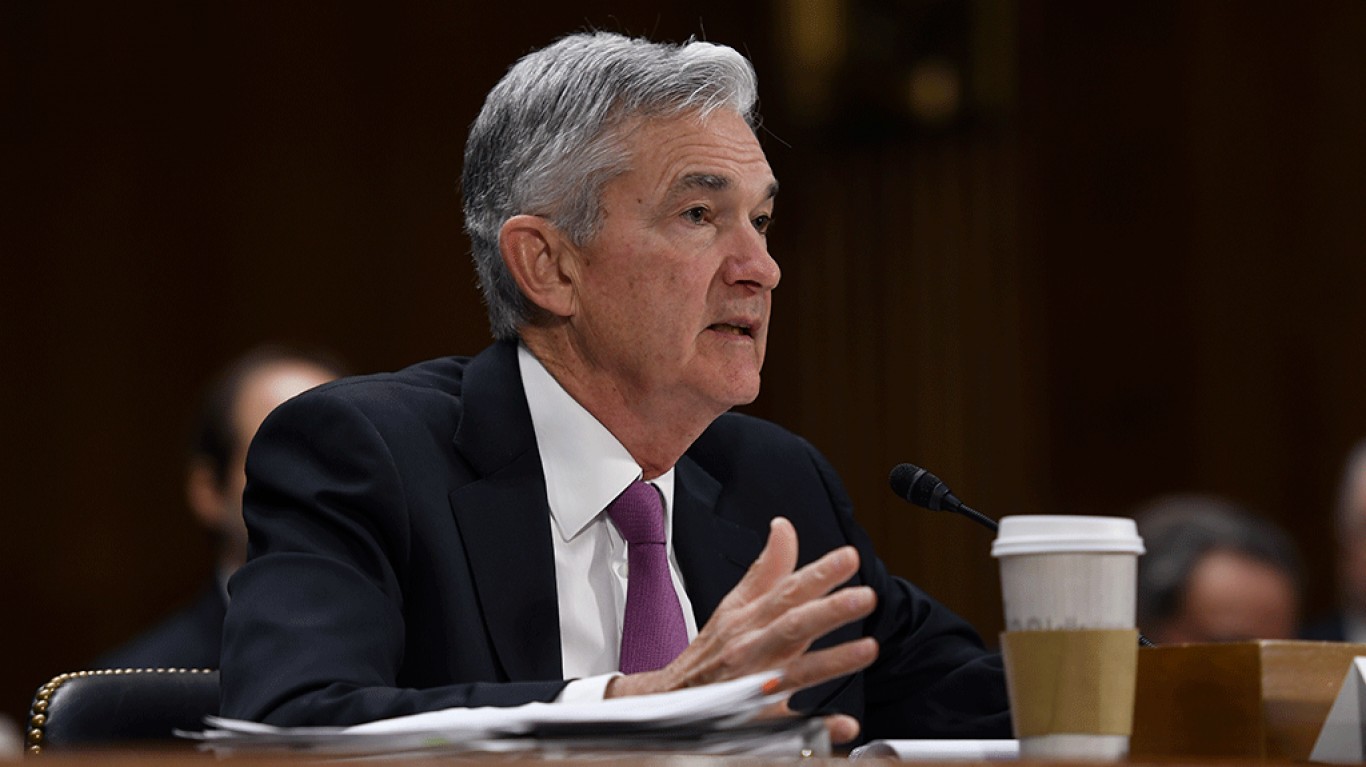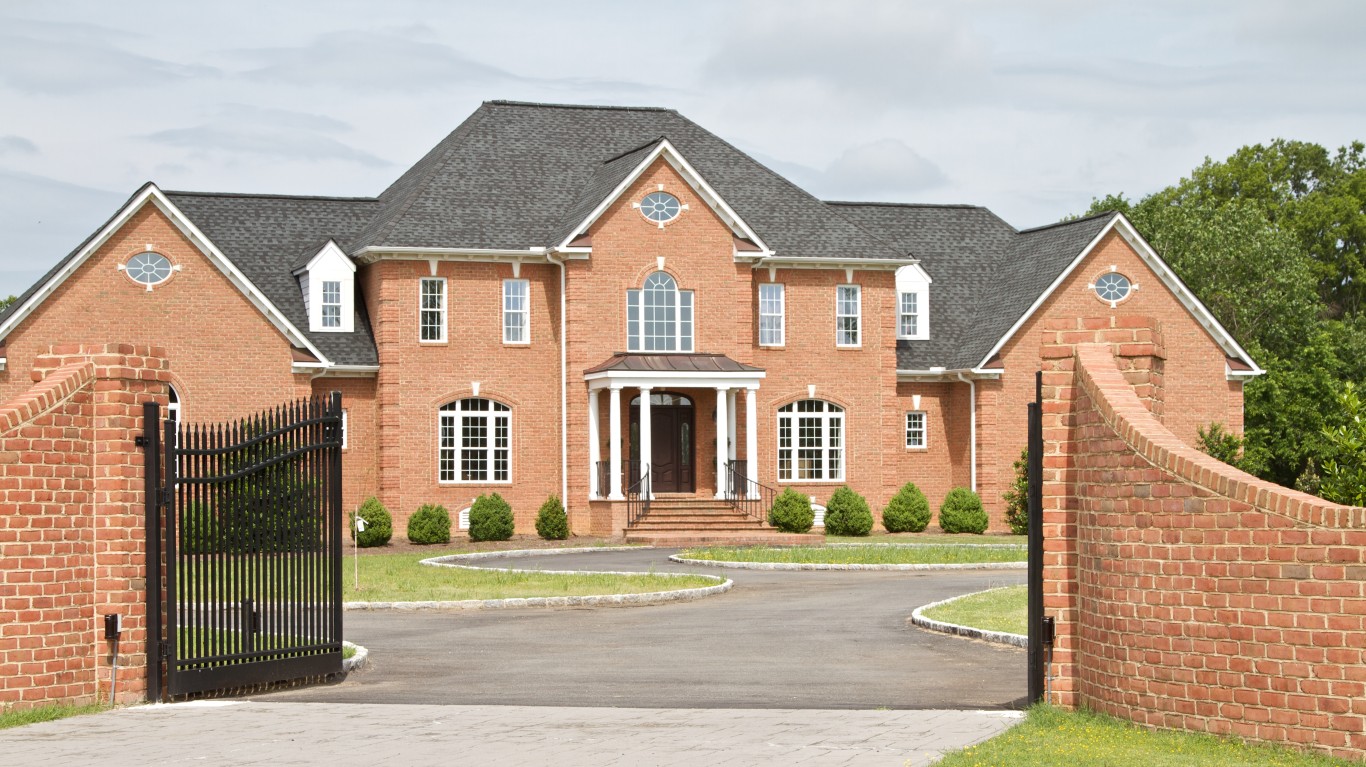
David Einhorn has a penchant for picking stocks to short. The one that put the billionaire investor on the map was his hedge fund Greenlight Capital‘s short of private financing giant Allied Capital, alleging it was engaged in fraud. Also, shorting Lehman Brothers before it collapsed led to significant profits for the hedge fund.
Yet he often ends up on the wrong side of a trade. For example, he shorted Tesla (NASDAQ:TSLA) in 2020 just before the electric car stock raced ahead to a 750% gain.
Earlier this year, however, Einhorn restructured his famed hedge fund and now DME Capital Management is the successor to Greenlight’s business. And just like before, Einhorn is betting big on just one stock. As we’ll see there is a good reason for it, but is it a stock you should bet on, too?
Let’s dive in to see whether DME Capital, with $2 billion in assets under management, should be putting so much money into this company.
Key Points About This Article:
- Noted short-seller David Einhorn is famous for taking big positions in companies, especially stocks he is shorting, though sometimes those bets go very wrong.
- Einhorn was the first to highlight problems at Allied Capital before it eventually imploded during the financial crisis in 2009 and he bet against Lehmann Brothers before it collapsed. Yet he is a long-short investor and the biggest holding by far in his DME Capital Management hedge fund is discussed below.
- If you’re looking for some stocks with huge potential, make sure to grab a free copy of our brand-new “The Next NVIDIA” report. It features a software stock we’re confident has 10X potential.
Greenbacks for Green Brick Partners

The biggest stock position in the hedge fund is Green Brick Partners (NYSE:GRBK), a homebuilder and land developer. Einhorn owns 8.2 million shares of the company currently valued at over $507 million. It accounts for 26% of DME Capital’s portfolio total.
That’s actually somewhat less than he’s previously owned as he sold off 2.3 million shares in July, or 22% of his stock position. At that time, Green Brick represented nearly 30% of DME’s total holdings. However, it may have just been some profit taking.
Over the past year, GBRK stock has almost doubled in value and now trades at $81 per share. Because Einhorn has owned Green Brick for decades, his average buy price is around $56 per share, implying a 46% gain on the stock. Year-to-date shares have jumped 57% higher.
Housing Boom to Bubble?

Part of the rationale for the superior returns has been the tailwinds pushing the housing industry higher. Despite the Federal Reserve’s “higher for longer” interest rate policies, which it only just ended with a 0.5% cut in interest rates, housing demand has been robust. That has pushed Green Brick’s business along.
There has been an inventory shortage of existing homes for sale for a long time and we’re still in one today. According to the National Association of Realtors (NAR), anything less than a six-month supply of houses is considered a shortage. In its industry update last week, NAR said that while supply improved 0.7% in August, inventory stood at 4.2 months.
It has been this supply imbalance that caused the homebuilding boom despite conditions that should have suppressed the market. The median existing home sale price was $416,700, a 3.7% increase from a year ago.
Yet existing home sales fell last month 4.2% to a seasonally adjusted annualized rate of 3.86 million units. It was the third straight month of decline. While the housing industry might not go bust, there may be headwinds still, even with interest rate cuts.
A skewed housing market

While average home prices were over $400,000, it’s only because that is the median price. A deeper dive into where sales were occurring shows that they skewed to the wealthy. Homes priced above $750,000 were strong while homes below $500,000 fell.
Green Brick Partners reported second-quarter home closing revenue jumped 20% to $547 million as it closed on 26% more homes, or 987 units, a record for the builder. Yet its average home sale price was $554,200, just above the range that is having difficulty moving houses for the last three months. When Green Brick reports its third-quarter results, business might not be as strong as it has been.
Of course, the Fed has cut rates, which as noted, could bring more buyers into the market and mortgage rates have been falling in anticipation of the cut. It just may be a wash in terms of momentum. It may also explain why Einhorn locked in profits on GRBK stock.
So why is Einhorn so invested in Green Brick Partners? Well, he owns the company. He founded the builder in 2002 when investigating Allied Capital and alleging it was involved in mortgage fraud. It’s that vested interest in the homebuilder’s success that has him tied to its stock.
Are You Still Paying With a Debit Card?
The average American spends $17,274 on debit cards a year, and it’s a HUGE mistake. First, debit cards don’t have the same fraud protections as credit cards. Once your money is gone, it’s gone. But more importantly you can actually get something back from this spending every time you swipe.
Issuers are handing out wild bonuses right now. With some you can earn up to 5% back on every purchase. That’s like getting a 5% discount on everything you buy!
Our top pick is kind of hard to imagine. Not only does it pay up to 5% back, it also includes a $200 cash back reward in the first six months, a 0% intro APR, and…. $0 annual fee. It’s quite literally free money for any one that uses a card regularly. Click here to learn more!
Flywheel Publishing has partnered with CardRatings to provide coverage of credit card products. Flywheel Publishing and CardRatings may receive a commission from card issuers.
Thank you for reading! Have some feedback for us?
Contact the 24/7 Wall St. editorial team.





